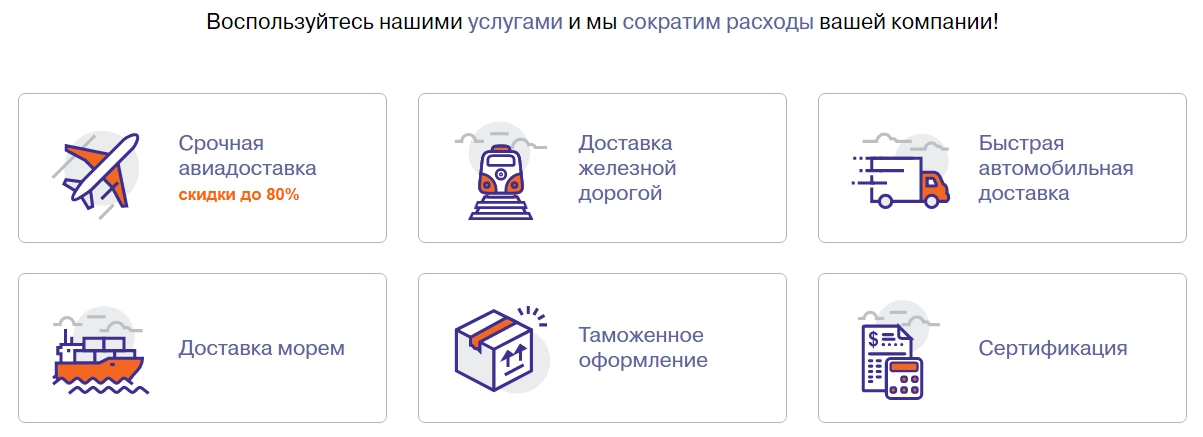How Automated Solutions are Reshaping Goods Shipping
How Automated Solutions are Reshaping Goods Shipping
Blog Article
The supply chain sector, particularly freight transport, is witnessing a significant transformation, propelled by the unwavering advancement of self-operating solutions. As organizations compete for optimization and speed in transportation methods, robotization stands at the helm of this shift, revolutionizing how merchandise move across the international markets. From automated transporters to advanced monitoring mechanisms, the dynamism of this field is unmistakable, delivering major enhancements in speed, reliability, and affordability.
Revolutionizing Productivity with AI-powered Systems
At the heart of this technological wave is the incorporation of automation in shipment transport frameworks. Traditional techniques often struggled under the weight of inefficiency and operator mistakes. However, contemporary self-operating technologies offer intelligent strategies that streamline processes.
One noteworthy advancement is in the domain of aerial delivery, where autonomous technology assists in managing multi-layered logistical operations that involve route mapping and air navigation control. This not only speeds up the workflow but also enhances security by reducing potential operator errors.
Advanced surveillance capabilities are another benefit. Modern innovation enables for live observation of shipments, which keeps companies and end-users updated about the location of their goods at all times. This visibility is invaluable in establishing trust and dependability in cargo shipping services.
Reducing Overheads and Simplifying Regulatory Processes
Automation expands into the complex processes of border control authorization, traditionally a obstacle for shipment transport due to its multifaceted protocols and potential setbacks.
Contemporary automated technologies enhanced with Big Data capabilities can efficiently analyze huge amounts of paperwork and validate compliance with legal frameworks more rapidly than in the past. This reduction in processing duration lowers on administrative costs dramatically, highlighting a tangible economic gain that businesses can leverage.
Revolutionizing Supply Chain with Advanced Analytics
Furthermore, the adoption of Big Data revises the approach toward cargo handling and border clearance. By examining previous data and up-to-date trends, AI-powered systems predict problems and optimize processes to be more efficient and optimized.
Enterprises tracking instant data can execute well-calculated choices that automatically mitigate challenges linked to border clearance setbacks.
Sustainability Perspective
Automated solutions also enhance significantly to green preservation in shipment transport. More accurate and well-planned navigation calculation lowers excessive fuel expenditure and cuts down carbon.
Automated fleet systems are progressively compatible with alternative fuels and electric propulsion, integrating logistics distribution activities with broader eco-conscious targets.
Improving Customer Loyalty
The self-operating innovation enhances not just cargo handling productivity but also customer satisfaction. The capacity to track shipments in real time, encounter reduced delays, and appreciate lowered costs enhances client journey significantly.
Swift, open, and seamless delivery models are more prone to encourage customer retention and repeat orders, demonstrating that modern innovation is indispensable in present freight transport models.
Moreover, as automated tools manage mundane duties more efficiently, organizations can reassign workforce resources to departments demanding critical thinking and planning, consequently improving customer excellence overall.
Looking Forward: The Automated Future
The transformative effect of self-operating technology in cargo transport ensures an dynamic future for supply chain. As organizations continue to leverage these solutions, they enhance their market position by delivering more efficient, safer, and more affordable shipping options.
Sustainability developments further extend the appeal of automated technologies, integrating market practices with green efforts.
A Progressive Phase in Cargo Transport
In summary, the integration of machine-powered technologies in cargo logistics unleashes a vast array of prospects aimed at making shipping not only faster but also more safe and less expensive.
The strategic application of data-driven insights in streamlining regulatory procedures further accentuates the effectiveness of AI-powered technologies in redefining traditional supply chain environments.
AI Integration: The Next Era of Freight Transport
Logistics shipping is transitioning confidently into a modern age led by self-operating systems—a reflection to humanity’s relentless pursuit of advancement.
With continuous innovations, the potential to redefine global commerce patterns continues, signaling an promising pathway towards an streamlined and well-structured landscape in freight delivery.
More details about tamozhennoe oformlenie explore our web site.